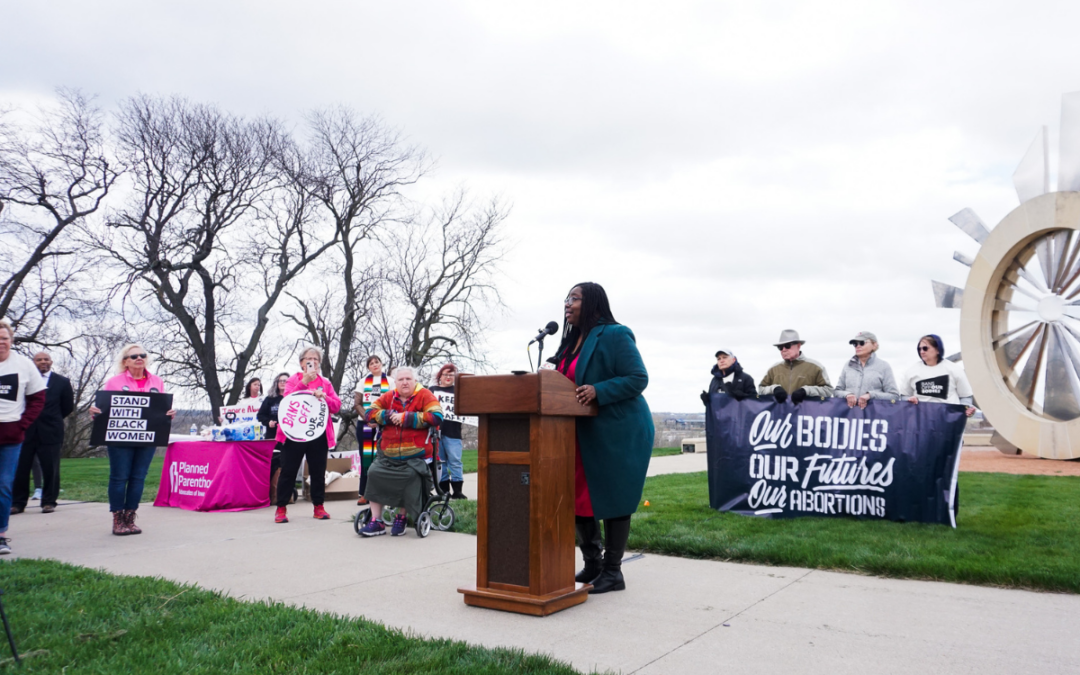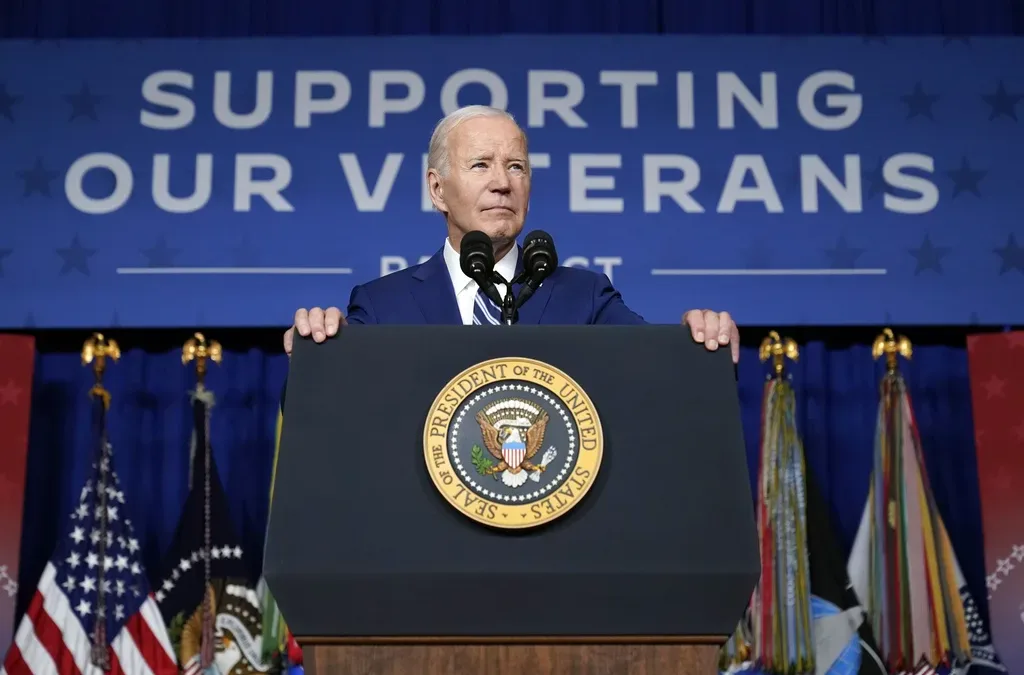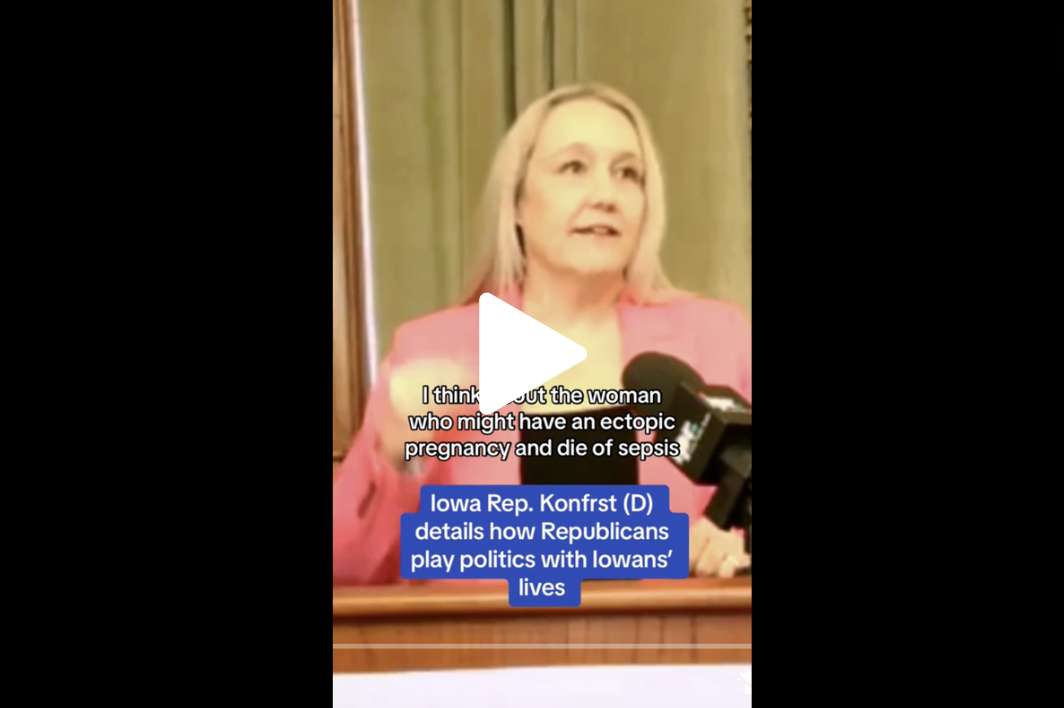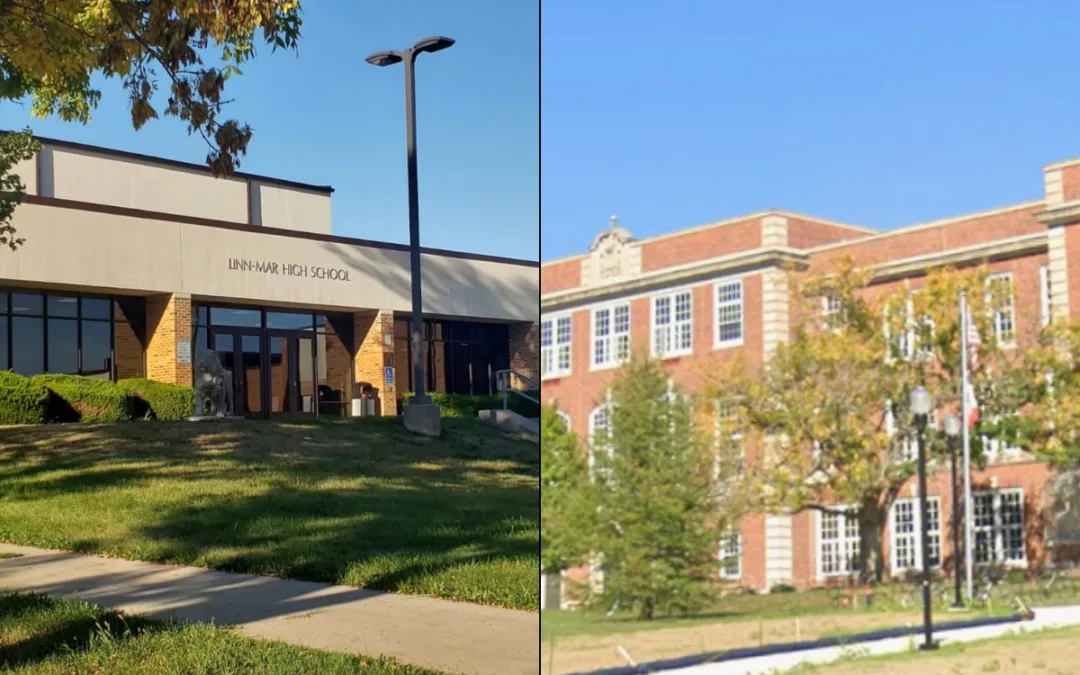
A few years ago, I was having lunch with Kenneth Quinn, who is president of the World Food Prize in Des Moines. We weren’t talking about food production, at least not directly.
Quinn had me on the edge of my seat with his riveting description of an evening back in 1997 when he and his wife and three children were watching a movie in their home in Phnom Penh, Cambodia.
The family’s relaxing evening ended abruptly when an explosion outside their living room blew out the windows. Then automatic gunfire outside added to the tension.
Quinn threw his children to the floor. He and his wife tried to shield them as Quinn prayed that any bullets strike him, not his family.
Quinn was the United States ambassador to Cambodia at the time. The violence near the embassy residence was part of growing turmoil within Cambodia.
The Quinns escaped unharmed. But it wasn’t the first time the guy from Dubuque risked his life working on behalf of the American people.
Thirty years earlier, Quinn was a rural development advisor for the State Department and was assigned to South Vietnam’s Mekong Delta region. While the Vietnam War raged across the country, Quinn devoted his energies to finding ways to improve agriculture for people living in the remote villages — all in the hope that better crops would make people less interested in the promises of the communist infiltrators.
Quinn’s experiences in Cambodia and Vietnam came during his 32-year U.S. State Department career. His postings also included time on the White House national security staff.
Quinn doesn’t strike me as the sort of person who relishes hair-raising experiences. But he does strike me as a man who believes strongly in the importance of diplomacy — talking, negotiating, prodding, strategizing — rather than shooting, bombing and bleeding.
That’s the reason I’m certain I know what Ken Quinn thinks today of President Donald Trump’s plan to cut the budget for the State Department and its foreign aid partner, the U.S. Agency for International Development, by an astonishing 37 percent.
Two other Iowans I know also spent time in the Foreign Service, working on behalf of the United States’ interests around the globe. I will bet dollars to donuts that Jim Leach, the former congressman from Davenport, and Carroll McKibbin, the small-town boy from Guthrie Center, both are very troubled by the new president’s plans to downsize U.S. diplomatic efforts.
Some figures provide important context for Trump’s proposed budget:
The current budget for the State Department and its companion foreign aid agency now stands at about $50 billion. Trump’s proposed reduction would take that down to about $32 billion.
Trump has proposed increasing military spending by $54 billion from its current $600 billion.
It’s worth noting that the Pentagon’s current budget is larger than the combined total the next seven largest countries spend on their armed forces.
Through the years, Quinn has talked with passion about the important role U.S. diplomacy and our humanitarian efforts play in under-developed regions of the world.
A generation ago, guns and bombs were not able to rid South Vietnam and Cambodia of the Viet Cong and Khmer Rouge guerillas. But Quinn saw firsthand the difference so-called “soft power” can make.
Access to better agricultural seeds allowed farmers in Southeast Asia to produce larger crops to feed their families. U.S.-built roads in rural areas allowed those farmers to get their crops to markets and to better provide for their families.
In less than a decade after the United States began providing the rural transportation and agricultural assistance, the Khmer Rouge was gone from Cambodia. “Where the road ends, the insurgency begins,” Quinn once told reporters.
U.S. diplomats around the globe and the economic development assistance they provide help to combat perceptions in some regions that the United States is just a rich and arrogant nation.
Quinn says those perceptions have become more pronounced now that most people around the globe have no direct memories of the United States’ role in liberating tens of millions of people during World War II.
Trump has pledged to defeat ISIS and other Muslim extremists around the globe. His new budget shows he intends to rely more on military force, and less on diplomacy and foreign aid.
But Quinn could school the president on why that won’t happen with military force alone and why the U.S. efforts will require our diplomatic corps to be even more active and more visible.
James Mattis, now Trump’s secretary of defense, was a Marine general in 2013 when he told Congress: “If you don’t fund the State Department fully, then I need to buy more ammunition ultimately.”
Recent history has shown the United States needs to be doing more talking, negotiating and prodding, not less.
So let’s hope Trump listens so we don’t go on an ammo-buying binge.
by Randy Evans
Reprint from Bloomfield Democrat
Posted 3/24/17
Politics

Abortion supporters rally before Iowa Supreme Court arguments
Abortion saved her life seven years ago and Leah Vanden Bosch is more grateful for it now than ever. Vanden Bosch, who serves as the development and...

New VA program to help more than 40,000 veterans stay in their homes
The Department of Veterans Affairs (VA) will launch a “last resort” program for tens of thousands of American veterans who are in danger of losing...
Local News

No more Kum & Go? New owner Maverik of Utah retiring famous brand
Will Kum & Go have come and gone by next year? One new report claims that's the plan by the store's new owners. The Iowa-based convenience store...

Here’s a recap of the biggest headlines Iowa celebs made In 2023
For these famous Iowans, 2023 was a year of controversy, career highlights, and full-circle moments. Here’s how 2023 went for the following Iowans:...





